 AD
AD
Today is: December 23
Scroll to explore events active on this date.
Additional Events on LEEP
LEEP INK FEATURES

2025 is the Year of...
21 Themes and 'Year of' Events for 2025 PART ONE, THE FIRST 12 Every year, various organizations announce the theme for the year. These themes can focus on causes, such as aesthetics and color tre...
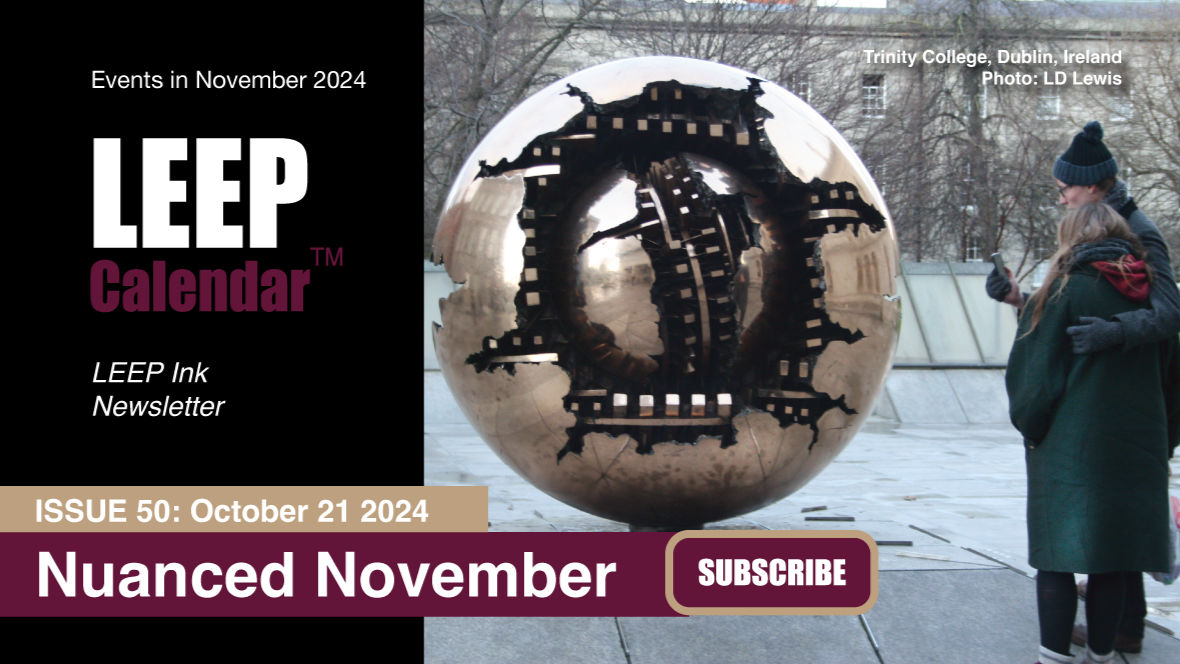
Nuanced November 2024
November is the start of the holiday season in many parts of the world. It is a time for family, football, food, shopping and decorating, particularly in the Christian and Jewish world, leading to Christmas and...

December's Gift
Events in December 2024. Well, we made it to December. December is the holiday season, particularly in Western nations, where Christianity and Judaism are the faiths most common in the nation's past. ...
About the Anniversary of the Crucifixion of Jesus Christ
Religion
Ends: Apr 03, 2025
DESCRIPTION:
Good Friday, the day Christ was crucified, is observed following the calendar used in Christ's time, the Hebrew calendar, and follows the first full moon of spring.
However, the actual date of the crucifixion of Jesus Christ in 33 AD, based on the Gregorian calendar, is April 3, 33 AD.
The following is a brief, bare-bones description of the commonalities and differences between Christianity, Islam, and Judaism.
The primary diverging point is the crucifixion (today's actual anniversary), where all three faiths go their separate ways. What you believe about this day as a person of "The Book" is one of the defining characteristics of your faith.
Commonalities?
All three faiths recognize the Old Testament's first five books and the Ten Commandments' teachings with slightly different wording.
All three faiths have different denominations. Each denomination has differing opinions on its scripture, customs, doctrine, and interpretation. These differences have led to issues such as Protestants fighting Catholics, Shi'ia fighting Sunni, and Reform against Orthodox. All three faiths have internal squabbles, another point of commonality.
Christians and Muslims believe Christ will return and unite humanity under their faiths. Those of the Jewish faith believe the Messiah is yet to come and Jesus has no part in this.
Christians and Muslims revere Christ, recognize the virgin birth, and hold Mary, the mother of Jesus, in esteem above all women.
Both Islam and Judaism have scholars that interpret the laws for their faith communities from their essential books of scriptures. Christianity has no comparison. Jewish and Muslims observe kosher/halal eating, have their calendars based upon the moon and observe several Old Testament-based rules and laws as part of their religious laws. For Jews, the law is called Halaka and involves the Ten Commandments (Decalogue) and 613 mitzvoth (though this is also debated within the faith); for Muslims, Sharia is the law with the commandments known as "the common word" and the Five Pillars of Islam. Many of Islam's customs come from the ancient Israelites' customs.
Christians have two laws in the New Testament and the Ten Commandments. The Roman Catholic and Orthodox versions include governing bodies that do create rules; Protestantism does not.
Divergences
The Holy Spirit is a sticking point. All three faiths believe in God's spirit working through people. Only Christians believe in a triune God of three separate entities: God—the Father, Jesus—the Son, and the Spirit—the Holy Ghost. Muslims and Jews believe God works through people in spirit form, but the spirit is not separate.
The crucifixion is one of three major demarcation lines between Islam and Christianity. Regardless of the differences, all Christians agree upon the crucifixion of Jesus Christ, His resurrection, and the trilogy described above. These are the three foundations of the faith; one is Christian if he or she subscribes to all three.
The Jewish faith does not recognize Christ as a prophet or the Messiah. The Jewish faith believes Jesus was a teacher. Judaism rejects the virgin birth.
Muslims consider Christ a great prophet, equal to Abraham, Moses, and Mohammed. A lot of what Christians believe, Muslims believe until you get to Calvary (the hill Jesus was crucified on). There are other differences, such as which son God asked Abraham to sacrifice; however, overall, they are similar.
At the crucifixion, the two faiths dramatically part ways. Muslims believe Christ did not die on the cross and that God lifted him into the heavens and put someone else on the cross that looked like him. Since God saved Christ from death, there could be no resurrection three days later.
Christians believe Christ was crucified, died, buried, and descended into hell for three days. On the third day, He arose again (resurrection) and ascended into heaven, fulfilling the prophecy of the promised Messiah of Israelites. Christ's life, death, and resurrection created a new covenant with mankind that opened God's love to all who choose Him—one is no longer chosen by God (a foundational belief in Judaism); humanity is now free to choose or reject Him.
Roman historians describe darkness clouding the sky and the ground shaking in the Hebrew temple at the moment of Christ's death. Christ was buried in a tomb with a rock requiring several people to move it as the door. On the third day following His death, women coming to his grave found it empty, and Christ was gone. He was later seen walking among the people. The day of discovering the empty tomb and resurrection is what Christians call and celebrate as Easter, the most important day in Christianity.
Christians believe that by sacrificing His son, Jesus Christ, God forgives our sins. Because Christ is the ultimate sacrifice, animals, food, and other offerings to God, central to the Hebrew faith and the temple's purpose, are not part of Christianity. When the second temple fell in 70 AD, animal sacrifices also ceased in Judaism. In Islam, occasional sacrifices occur during Eid and Hajj.
What are the other two major demarcation points between Islam and Christianity?
Christians and Jews believe the son God asked Abraham to sacrifice was Isaac, and it was Isaac who was spared. Jesus is a descendant of Isaac. Muslims believe it was Ishmael, and Mohammed is a descendant of Ishmael. The Islamic holiday of Eid al Adha celebrates this event. That difference is crucial because it involves fulfilling the prophecy of the Messiah and genealogy.
The final significant difference between the two faiths is the prophet Mohammed.
Christians believe Jesus is the son of God and the final word on God's plan for humanity; there are no more prophets.
Muslims believe the prophet Mohammed is God's final messenger to humanity, that the Qur'an is the last testament of God, and that Jesus is a prophet, but not the son of God nor the Messiah.
And the Jewish faith?
Neither Jesus nor Mohammed is recognized as a prophet. Rather, both men are simply teachers (rabbis) who lived at some point in history. People of the Jewish faith are still waiting for their Messiah to come.
That's as simple as we can make this very complex issue. There are other differences, but overall, the people of The Book, half the world's population, have a lot more in common with each other than not.
VIDEOS
Currently, this event does not have supporting videos.
SUPPORTING DOCUMENTS
Currently, this event does not have supporting documents.
ADDITIONAL IMAGES
Currently, this event does not have supporting images.
Where would you like to go now?
 AD
AD









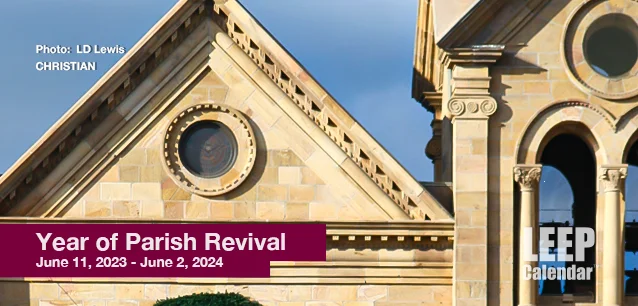


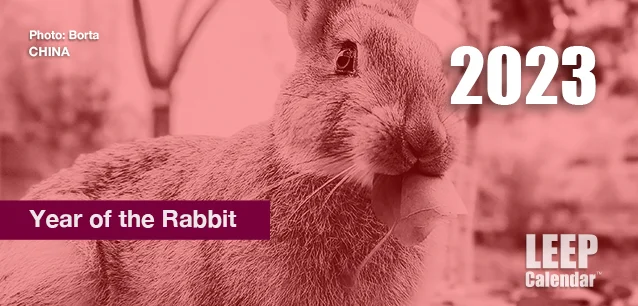



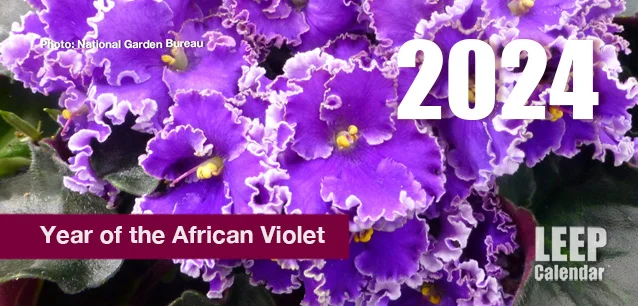

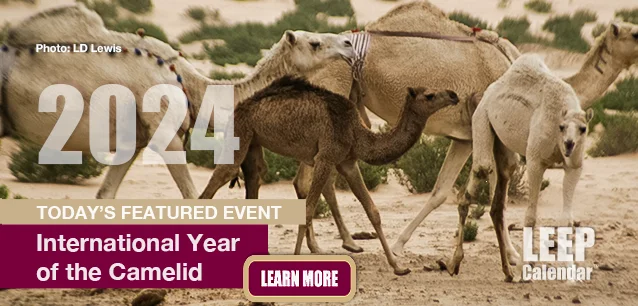










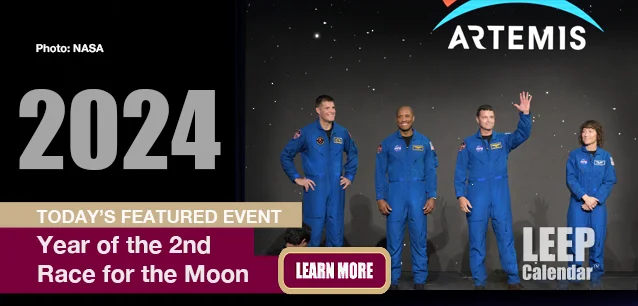
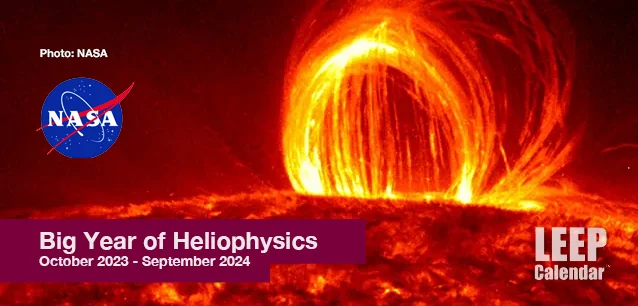











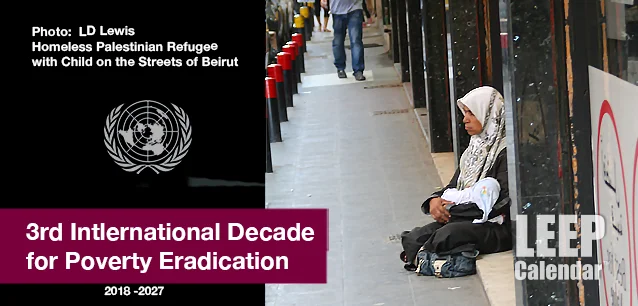
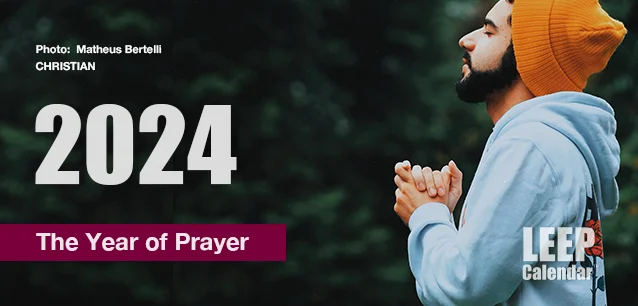

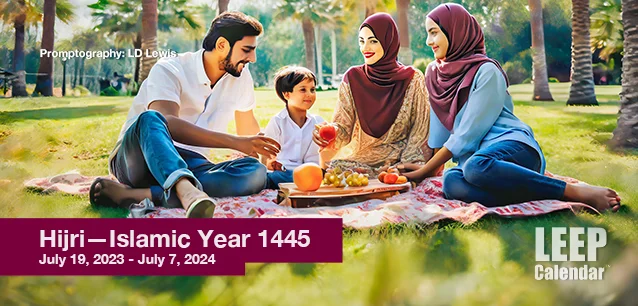





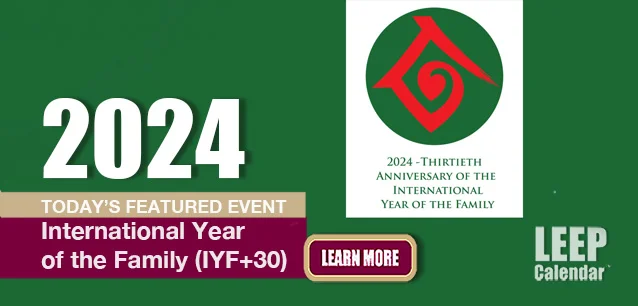





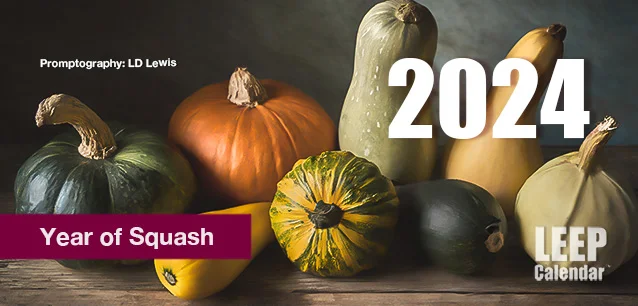

/footer-logo.svg)
